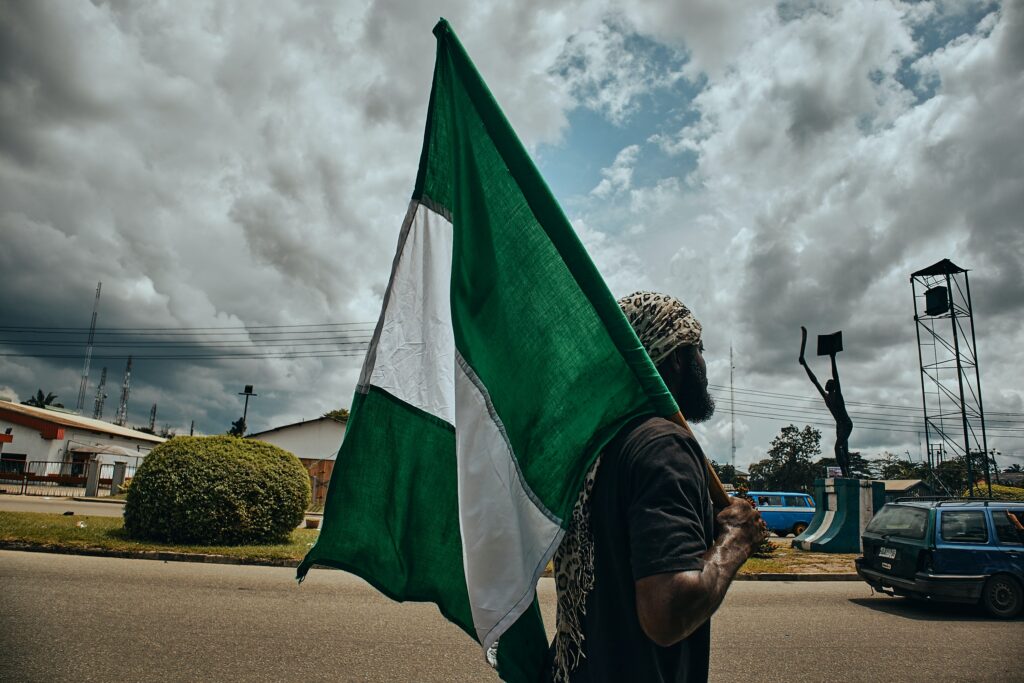The recent surge in violence in Plateau State, central Nigeria, has culminated in a devastating toll, with local authorities reporting 113 fatalities following attacks over the weekend. This incident represents the region’s most severe bout of violence since May, where similar clashes resulted in over 100 deaths, highlighting the enduring and complex conflicts in an area frequently afflicted by farmer-herder tensions.
Plateau, a part of Nigeria’s diverse Middle Belt, has long been a hotspot for such conflicts, reflecting a broader pattern of communal violence that has increasingly led to significant loss of life and property in recent years. The latest attacks underscore the persistent challenges facing the region, where ethnic, religious, and environmental factors intertwine to fuel violence.
According to Monday Kassah, the acting chairman of Bokkos Local Government Area in Plateau State, the recent attacks were a well-planned and orchestrated assault on several communities. “The attacks were well-coordinated. Not fewer than 20 different communities were attacked by the bandits,” Kassah said. In the wake of these attacks, the community is grappling with the grim reality of recovering 113 bodies and attending to more than 300 injured individuals.
Details regarding the perpetrators and their motives remain unclear, as Kassah did not specify who was responsible for the attacks. Further information from official sources, including the Plateau police, was not available at the time of reporting, leaving many questions unanswered.
Plateau State’s history of ethnic and religious diversity has often been marred by conflict. Violence in the region is typically framed as a clash between Muslim herders and predominantly Christian farmers. However, this perspective overlooks critical environmental factors that exacerbate these tensions. Climate change and the resulting scarcity of arable land and water resources have intensified competition over these essentials, often leading to disputes as herders venture into new territories, clashing with local farmers.
These conflicts are symptomatic of larger issues faced by Nigeria and similar regions in Africa, where the intersection of traditional ways of life with modern challenges creates a volatile environment. The situation in Plateau State is a microcosm of these broader dynamics, driven by a mix of environmental, ethnic, and religious factors.
The escalating death toll in Plateau State serves as a grim reminder of the delicate balance of peace in areas marked by such deep divisions. It also underscores the need for multifaceted solutions that address the immediate security concerns and the root causes of these conflicts. This includes confronting the impacts of climate change, effective management of land and water resources, and fostering greater harmony among diverse ethnic and religious groups.
In light of this tragedy, attention now turns to the response of local and national authorities. The international community watches closely as Nigeria confronts the immediate aftermath of the violence and considers strategies to prevent future incidents. Addressing these issues is crucial for the peace and stability of Plateau State and the Nigerian nation as a whole.






